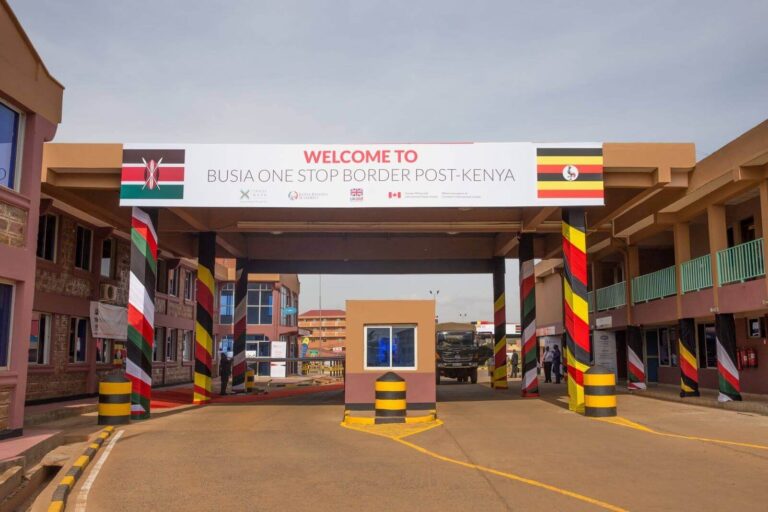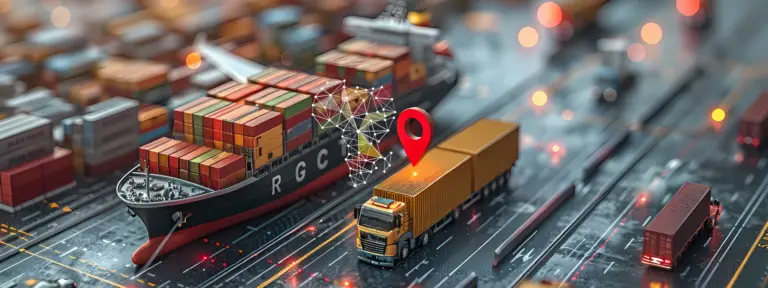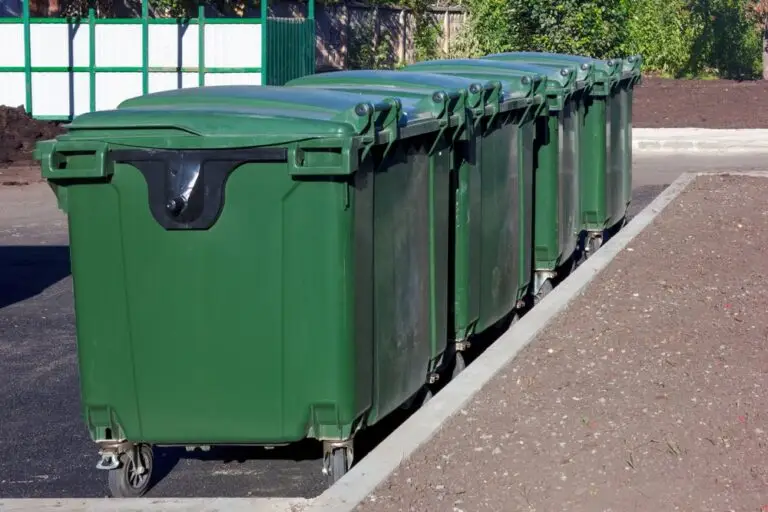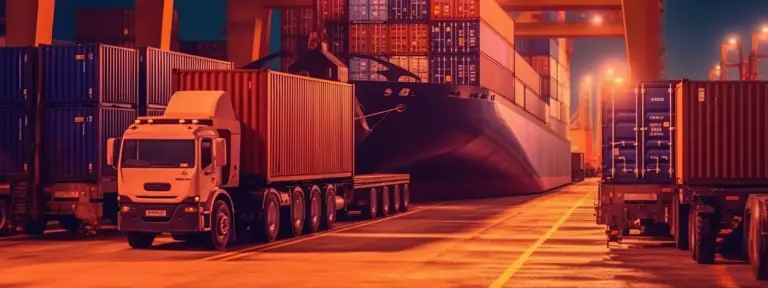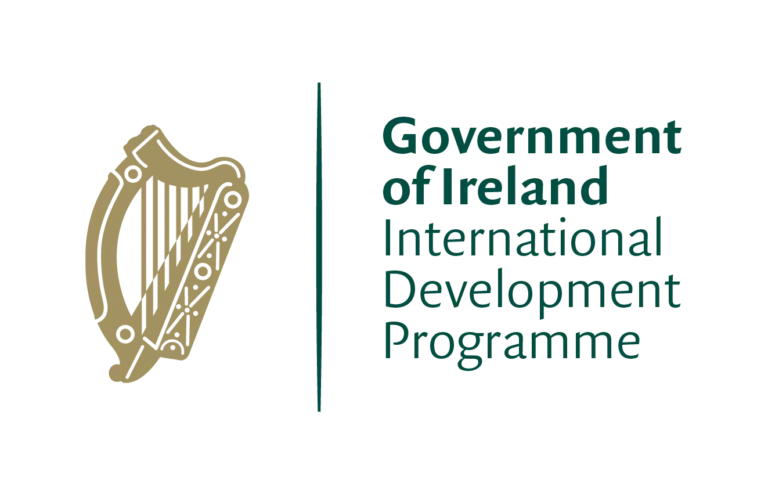ICT4 programming contributes to reducing barriers to trade and cost of doing business within the EA region through automation of key trade processes and systems. The programme interventions are multiple pronged:
- Supporting government agencies to implement Single Window Information for Trade Systems, which are building blocks to effective and efficient links to National Single Windows;
- Online information portals improve access to critical information on import/export; and
- Modernising customs systems.
Combined, these interventions accrue cross cutting benefits which include eliminating periods of process inaction occasioned by manual activities when acquiring trade documents; reducing transactional costs in acquiring trade regulatory documents; and increasing process transparency therefore stakeholder confidence and trust in the management of trade regulatory documents. The programme is premised on the fact that electronic application and processing of relevant clearance and trade permit documents necessary for movement of goods across borders saves time, reduces costs for traders and ultimately leading to healthier investment in trade and reduction in costs of goods and services. The programme has supported 19 government agencies to automate their processes. This has led to a reduction in average clearance time undertaken by these trade agencies from 3.3 days to 2 hours, with transaction costs reducing by an average of US$62 per transaction (From $72 to $10).
TradeMark Africa (TMA) has implemented and evaluated numerous projects across Africa, primarily aimed at reducing trade barriers, enhancing infrastructure, and fostering regional integration. Below are some notable evaluated projects:



CASE STUDIES
CASE STUDIES
CASE STUDIES





